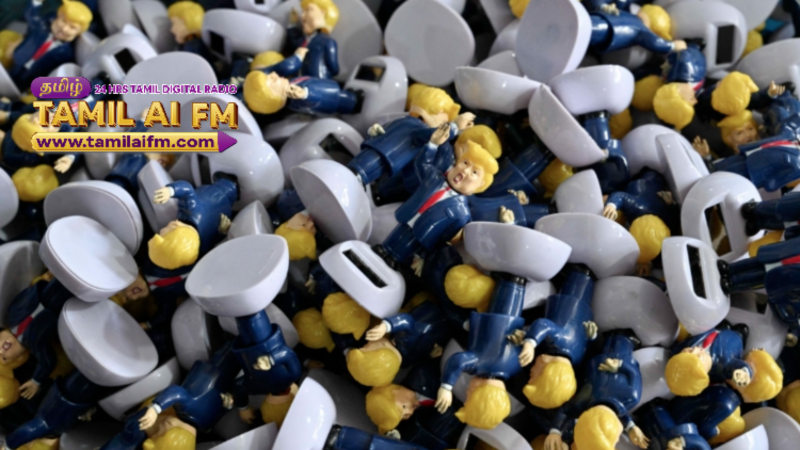WASHINGTON — As the United States ramps up tariffs on major trading partners globally, President Donald Trump is also disrupting strategies that could be used — by Chinese companies or others — to circumvent them.
Goods deemed to be “transshipped,” or sent through a third country with lower export levies, will face an additional 40-per cent duty under an incoming wave of Trump tariffs Thursday.
The latest tranche of “reciprocal” tariff hikes, taking aim at what Washington deems unfair trade practices, impacts dozens of economies from Taiwan to India.
The transshipment rule does not name countries, but is expected to impact China significantly given its position as a manufacturing powerhouse.
Washington likely wants to develop supply chains that are less reliant on China, analysts say, as tensions simmer between the world’s two biggest economies and the US sounds the alarm on Beijing’s excess industrial capacity.
But “it’s a little more about the short-term effect of strengthening the tariff regime than it is about a decoupling strategy,” said Josh Lipsky, chair of international economics at the Atlantic Council.
“The point is to make countries worried about it and then have them err on the side of not doing it, because they know that Trump could then jack up the tariff rates higher again,” he added, referring to tariff evasion.
The possibility of a sharply higher duty is a “perpetual stick in the negotiations” with countries, said Richard Stern, a tax and budget expert at the conservative Heritage Foundation.
He told AFP that expanding penalties across the globe takes the focus away from Beijing alone.


